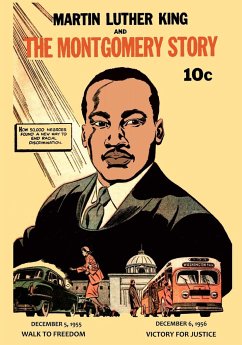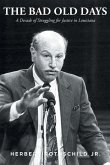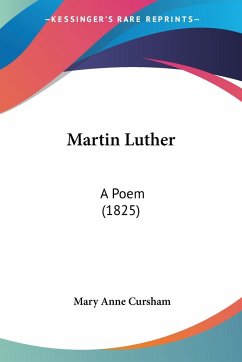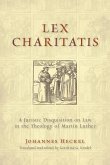2021 Reprint of the 1957 Comic Book. Full Color facsimile of the original edition and not reproduced with Optical Recognition Software. Martin Luther King and the Montgomery Story is a 16-page comic book about Martin Luther King Jr., Rosa Parks, and the Montgomery bus boycott published in 1957 by the Fellowship of Reconciliation. It advocates the principles of nonviolence and provides a primer on nonviolent resistance. Although ignored by the mainstream comics industry, The Montgomery Story, written by Alfred Hassler and Benton Resnik and illustrated by Sy Barry, was widely distributed among civil rights groups, churches, and schools. It helped inspire nonviolent protest movements around the Southern United States, and later in Latin America, South Africa, the Middle East, and elsewhere. Over 50 years after its initial publication, the comic inspired the best-selling, award-winning March trilogy by Georgia Congressman John Lewis. The comic opens with a one-page synopsis of Martin Luther King Jr.'s life and education up until 1957. The narrative then shifts to Montgomery, Alabama, in 1954. An African American man named Jones tells of life in Montgomery under Jim Crow laws. He describes the events of the Montgomery bus boycott and the important role played by Rosa Parks and Martin Luther King Jr. In the story, King advocates nonviolence, even when his own home is bombed during the boycott. The last section of the comic discusses the "Montgomery Method" of nonviolence, its roots in the activism of Mahatma Gandhi, and provides practical advice on how to pursue nonviolent activism.








![The Life and Dying Declaration of Martin Richard Kehoe (as Written by Himself) [microform]: Who Suffered the Extreme Penalty of the Law, by Hanging at The Life and Dying Declaration of Martin Richard Kehoe (as Written by Himself) [microform]: Who Suffered the Extreme Penalty of the Law, by Hanging at](https://bilder.buecher.de/produkte/64/64367/64367516m.jpg)